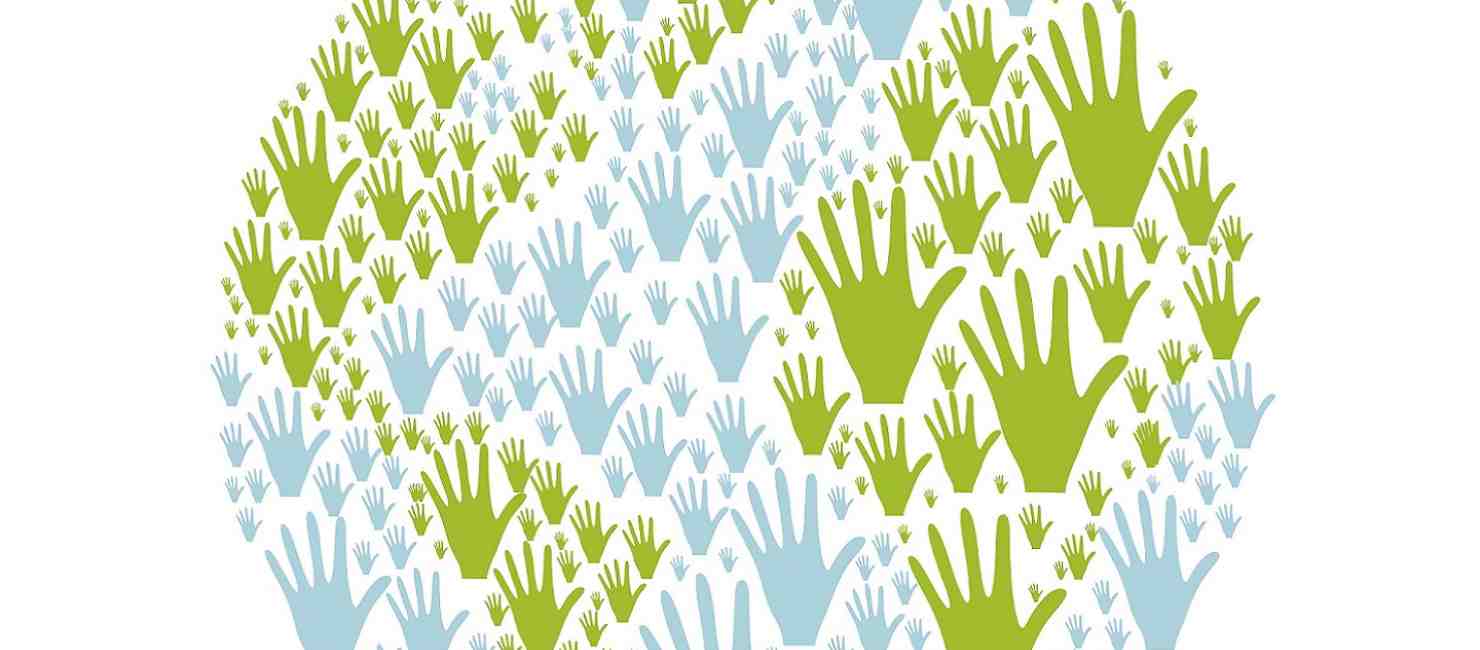My ex said something disgusting to a child as a joke. Should I have done more?
Dear Stop It Now!,
When I was about 18 or 19, my ex boyfriend said something awful to a child who was about 10 years old at the time. We were all drinking and my ex is one for “dark jokes”. I know he said it as a joke but it made myself and my friends really uncomfortable and we asked him to stop. He was really intimidating and we were really cowardly to do anything else. I felt worse because I stayed with him for a bit but then saw sense and left. Years later, I know now myself and my friends would directly and ruthlessly challenge this sort of behavior and shut it down. I just feel like I’ve failed a child and that I wish I could turn back and be more direct with my approach.

Dear Concerned Bystander,
I can tell what a caring individual you are, and I'm so glad you're reaching out to us with this question. I certainly don't want you to beat yourself up over something that happened 10 years ago when you were barely an adult yourself, and I want to say that it's great that you took the time to speak up in that moment - even small steps like that can make an impact on a child.
It's really fantastic that you and your friends now feel empowered to speak up loudly and clearly when you notice a child may be put in a vulnerable position. You may even come across a time in the future when your own safety may be at risk if you were to need to speak out - so please remember to always put your own well-being first in any potential scenario like this. Someone who is violent or threatening is not always someone who needs to be confronted in the moment; always use your best judgement.
If you were to ever notice that a person is displaying any of these Signs an Adult is At Risk to Harm a Child, or creating a situation that Makes Kids Vulnerable to Abuse, take the time to share with them how this behavior is not okay. Sometimes it's as simple as saying "Hey, there's kids around - this is a conversation for adult ears only, please knock it off" or "You know, we actually don't use adult-like language or jokes around kids - that's part of our Safety Plan, and I'm asking you to follow these same rules too" can be all that's needed, and sometimes a situation may call for a more complex response.
If you need to have a sit-down talk with someone, pick a time where you can have this discussion privately and without any other obligations (doctors appointments, work, classes, etc.) afterwards. Similarly, you may also want to make sure that children are not around, and that the person you're talking to didn't just walk in from a long day at work - as people may need some time to themselves first. Share what you noticed; talk about behaviors (things we can see) rather than intent (which we can't see) and use our tip sheets above to clearly articulate what you witnessed. Then state why the behavior wasn't okay, how it isn't safe and the impact to the children involved. For example, "When we make inappropriate jokes in front of or about children, it normalizes this type of behavior for this child. We want kids to get the message that this type of behavior isn't okay, so that if something like that did happen they'd speak up and tell someone, not brush it off as typical or acceptable because other adults in their lives do this too. Loose boundaries can make kids more susceptible to abuse." Finally, describe what you're asking this adult to do, i.e. follow a safety plan or not make inappropriate jokes. We designed a guidebook called Let's Talk just for these types of conversations.
I also want to name that it's normal to feel like we could have done something more when we learn more about how to intervene in situations like these but please, know you absolutely didn't do anything wrong all those years ago. When we know more and feel confident about speaking up, it allows us to take bolder steps in our own lives - something it sounds like you and your friends have been doing already. Keep using your voice, and please do be gentle with yourself and remember that you already took a brave step back then by talking with someone who scared you - that's not easy, and I'm sure it took a lot of courage. If you do find that you're thinking about this incident a lot, that you're feeling guilty or ashamed or any other emotion that starts to impact your life, please do think about sharing your feelings with a Therapist.
Take care,
Stop It Now!
Feedback:
Please share your feedback on this question
Last edited on: May 10th, 2021

